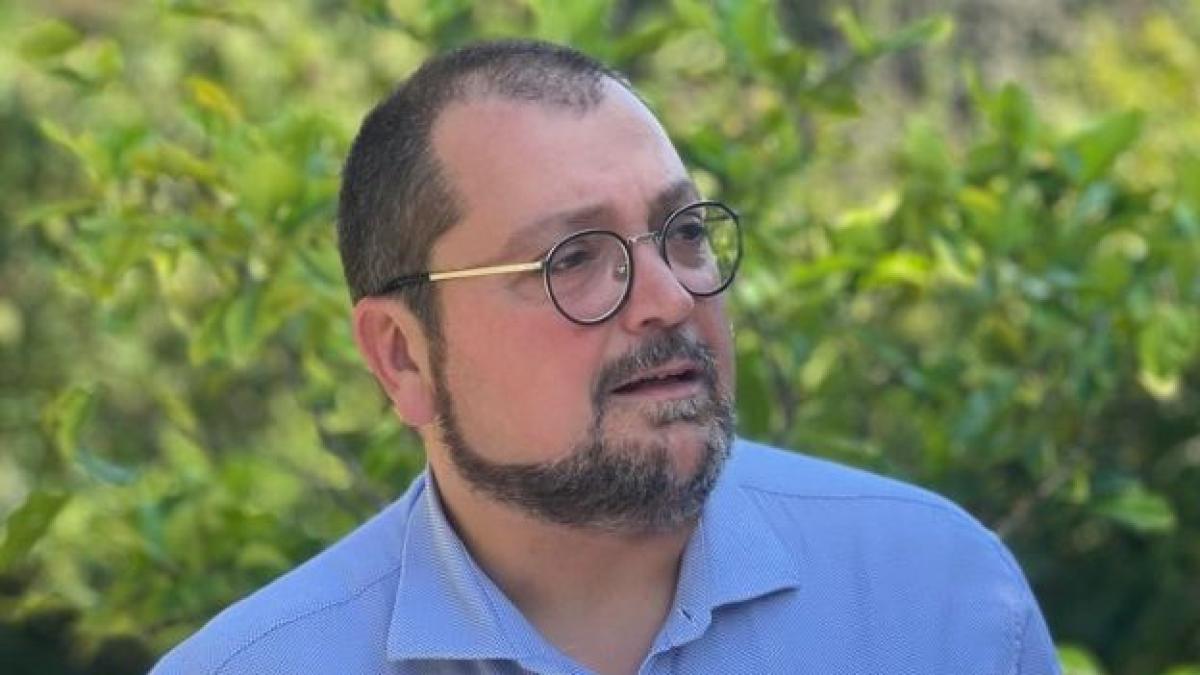by Roberta Polese
Bassano (Vicenza), the psychologist Brian Vanzo: from the recovery center to the five-a-side chats, here’s how you change
If it is true that «not all men» (to quote the famous claim «not all man») are prevaricating and violent, it is also true that it is precisely men who have the candies Of defuse sexist discourse of other men who fuel the objectification and sexualization of women. Those are the ones conversations “between men” which must be modified to create a basis of fairness, the first step for the recognition of mutual respect. Dr. explains these dynamics better in a book entitled “Towards post-patriarchy”. Brian Vanzopsychologist, member of the International Association for the treatment of sex offenders and president of the Ares center in Bassano, a structure recognized by the Veneto Region which deals with the rehabilitation of violent men.
Doctor Vanzo, who is this book aimed at?
«These are conversations that are aimed at the common man, but without trivializations: it is a journey into Western culture to try to tell the male what is obvious, but which is scary to recognise. Some males deny patriarchy because they feel they have no alternatives, and this is tragically true in intimate relationships, where often everything that goes out of the male’s control becomes aggression and violence.”
So does patriarchy still exist?
«Patriarchy is the construction of a one-way world, without reciprocity, entirely in the hands of men, similar to the sun which irradiates our solar system with its rays, but which uses violence to impose itself. Where there is no availability for criticism there is patriarchy; where there is no thought that calls into question the foundations, the procedures of one’s way of reasoning there is patriarchy. Patriarchy is then present in every place where institutions do not accept being subjected to criticism, and consequently to dialogue.”
How can we defuse those conversations in which women become sexual objects?
«If in the soccer chats, if in the locker room, if that friend is at the bar he makes vulgar speeches about women trying to attract the consent of others, or laughter, just criticize, say “this isn’t funny” ».
Outside of your work environment, when you deal with ordinary men, what reaction do you see in them when you talk about patriarchy?
«I’m an ordinary man too: I studied, I have an intimate relationship, I work, I boxed and I still feel like a scout. I frequent the neighborhood bars, go to the cinema and do the shopping. And my interest in anthropology leads me to sneak into various contexts, I don’t live in a bubble, and when the discourse between males becomes prevaricating, or sexist, I don’t feel at ease, and I communicate it: if there is a need becomes a reason for comparison.”
Let’s talk about gendered language. Why is there so much resistance to using inclusive language?
«Language is the environment we inhabit: we are afraid to change our structures, our roles; through language we convey not only information but also ways of being. Dialogue is scary because it breaks certainties, and is considered a waste of time by many established men in power.”
Your association targets violent men. How many people do you deal with every year?
«At the Ares Center we deal with males (adults and minors) who have committed violence, including sexual violence: we deal with around 80 males a year, we are in the Vicenza and Belluno areas».
An experience that particularly left an impression on you?
«I will never forget Luigi, our first case, a young man accused of sexual violence, after a six-month journey he came to admit the crime, and cry for what he had committed. Luca, a pensioner who had not been welcomed in the other centers for perpetrators of violence, and who still writes to us on anniversaries to thank us. And then Giovanni, who continues to attend the educational continuity group because he is unable to form other friendships.”
Go to all the news from Vicenza
Subscribe to the Corriere del Veneto newsletter


